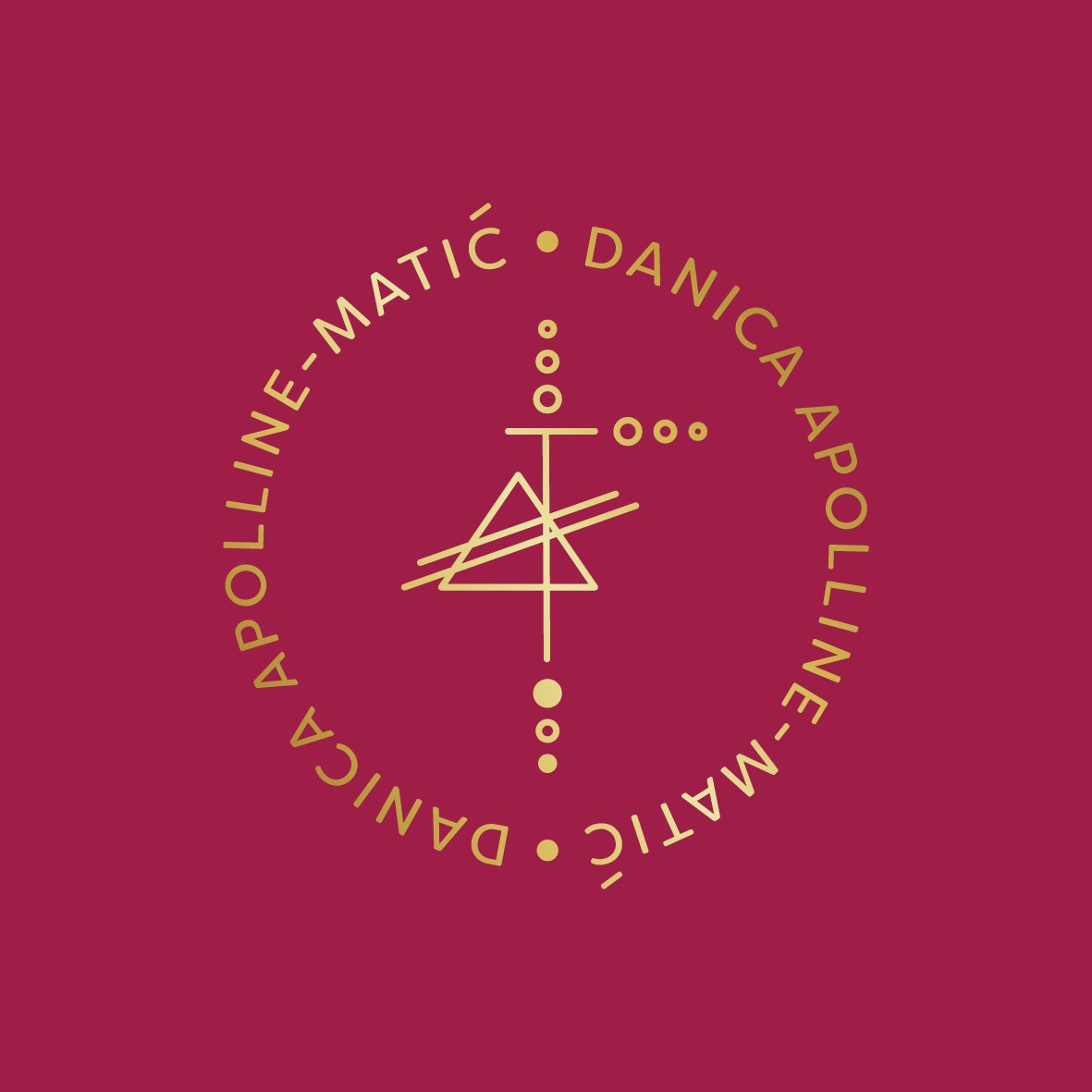Veganism & homeopathy
Veganism has exploded in the last decade, thanks to greater awareness of the suffering of animals in the production of meat & dairy, a better understanding of the power of a plant based diet to support health, and positive activism and campaigns like Veganuary.
However veganism isn’t a consideration just in terms of individual health, compassion in food and clothing production or the environmental health of the planet. It also raises question in how medicines are produced.
Many vegans are aware that pharmaceutical drugs have to be tested on animals before they reach clinical trials where they are trialled on humans. Animal testing is a pre-requisite for obtaining a product license for a pharmaceutical drug. The RSPCA reports that around 5 million animals including mice, rats, fish, chickens, rabbits, dogs and primates are used across the EU for this purpose each year.
Plant (herbal) medicines aren’t tested on animals, however what about homeopathy?
Homeopathy is an energy medicine, so uses only the essence of a substance to act as a catalyst for the body to heal itself.
Homeopathic remedies can come from the plant, mineral and animal kingdoms, so what does that mean for those who are vegan?
Most homeopathic remedies come from the plant and mineral kingdoms - only a few come from the animal kingdom. However some of the ones the come from the animal kingdom are of significance, for example the spider, snake and insect remedies.
Homeopathic remedies are prepared by taking a substance, and diluting it many many times. This known as potentization. There is no actual material substance in homeopathic remedies once they are potentized (diluted) six times over at the ratio of 1 in 10. It is rare for anyone to take a homeopathic remedy that contains any material (physical) substance, remedies are almost exclusively taken in higher potencies (in other words, more diluted, and so only an energetic imprint).
Because of this, very very little of any physical substance is needed to make a homeopathic remedy. One insect can make enough homeopathic remedies for literally everyone who needs that remedy around the world. Even this tiny amount however is something that causes discomfort for some vegans.
It is possible to avoid taking animal remedies if that is an individual’s choice. In homeopathy, we work with matching the best remedy to the symptoms, and it’s quite specific and detailed detective work to identify which remedy best meets the symptom picture a patient presents. Sometimes the clearest remedy will be an animal remedy, so choosing a plant or mineral alternative may not work so well.
Some vegans will feel comfortable with taking an animal remedy, because it is only an energetic imprint, understanding that the best remedy is the one that best matches the symptoms someone has. Others will feel uncomfortable, because even if it is an energetic imprint, at some point, an animal or insect was used in the production of the remedy.
All of us our doing our best to make the world a better, healthier, kinder, more positive place. We are doing so taking one step at a time. As long as we listen to ourselves, and what feels right in every moment, in our gut and in our heart, we will come to the right answer at that time.
As homeopaths, whether qualified or in training, it is our responsibility to help our patients by identifying the most appropriate remedy that matches their presenting symptoms, but it is also to walk alongside our patients, and to listen to what they feel comfortable doing and taking. It’s a journey of collaboration; of working together, in dialogue, to seek the best possible outcome. It’s important a patient feels comfortable taking a remedy, so it’s important to ensure we listen to any requests that might come for ethical reasons, such as being vegan.
So, if you are vegan, talk about this with your homeopath. Let them know your preferences, whatever they might be, and explore the options that are available to you.
I hope that this helps you in your journey of using natural approaches to health.
